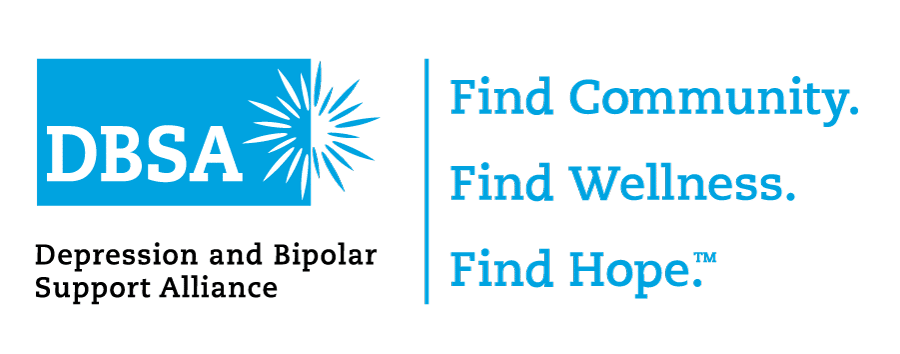Raising Awareness of the Severity of Post-Traumatic Stress Disorder (PTSD)
Introduction
Depression Bipolar Support Alliance (DBSA) is deeply committed to advocating for the mental health needs of all individuals, particularly those affected by mood disorders. Post-Traumatic Stress Disorder (PTSD) is a serious mental health condition that can profoundly impact individuals who have experienced traumatic events. PTSD is prevalent among Veterans, first responders, survivors of abuse, pregnant and post-partum women, and individuals who have experienced natural disasters, among others. The severity and pervasive impact of PTSD require immediate and comprehensive attention from federal decision-makers. Because a significant proportion of people with mood disorders also suffer from PTSD and because co-occurring PTSD tends to have adverse prognostic implications for people with depression or bipolar disorder, improving the recognition and treatment of PTSD is a topic of great interest to the members of DBSA.
The Urgency of Addressing PTSD
PTSD is not just a mental health condition; it is a public health crisis. According to the National Center for PTSD and the Department of Veterans Affairs, approximately 6-7% of the US population will experience PTSD at some point in their lives. Complex PTSD (C-PTSD) results from prolonged, repeated trauma, often occurring in childhood or in situations where escape is difficult or impossible (e.g., abuse, captivity, systemic racism). PTSD can lead to a range of debilitating symptoms, including severe anxiety, emotional numbness, and depression, which can significantly impair an individual’s ability to function in daily life. Even sub-threshold symptoms that do not meet the criteria for a clinical PTSD diagnosis are associated with significant impairment in social, occupational, and physical functioning. In addition, C-PTSD is characterized by chronic emotional dysregulation, negative self-concept, and persistent interpersonal difficulties. Recognizing these differences is crucial, as individuals with C-PTSD may require more nuanced, long-term interventions to address the broader impact of sustained trauma.
Moreover, PTSD/C-PTSD is often comorbid with other mental health conditions, including mood disorders and substance use disorders, exacerbating the overall burden on individuals and the healthcare system. The consequences of untreated PTSD/C-PTSD can be devastating, leading to an increased risk of suicide, homelessness, and unemployment.
Policy Recommendations
To address the severity of PTSD/C-PTSD and its impact on millions of Americans, the DBSA urges policy decision-makers, both public and private, to take the following actions:
Increase Funding for Research and Treatment for PTSD/C-PTSD as a Mood Disorder Co-Morbidity:
- Allocate additional funding for research into the causes, prevention, and treatment of PTSD/C-PTSD, particularly for high-risk populations such as veterans, first responders, and survivors of abuse.
- Expand access to funding for evidence-based treatment options, including psychotherapy and pharmacotherapy.
- The evidence base of effective treatments differs between PTSD and C-PTSD regarding exposure, duration, and which activities, if any, should accompany exposure. For example, Prolonged Exposure Therapy and Cognitive Processing Therapy are highly effective with PTSD, but may actually be detrimental in C-PTSD. This discrepancy increases the importance of the following two bullet points.
- Support precision treatment research on the optimal assignment of different evidence-based psychotherapies and pharmacotherapies, singly and in combination, for PTSD/C-PTSD.
- Encourage research on optimizing sequential treatments for PTSD/C-PTSD as it can be difficult to treat, which means that it will often require several courses of pharmacotherapy or psychotherapy with or without medication to provide a cure. Multi-stage SMART design PTSD/C-PTSD trials are needed to fill this gap.
- Prioritize and expand testing of scalable preventive PTSD interventions.
Enhance Access to Mental Health Services
- Strengthen the mental health infrastructure by increasing the availability of mental health professionals trained in PTSD/C-PTSD treatment, particularly in underserved and rural areas.
- Improve access to telehealth services for PTSD/C-PTSD treatment, ensuring that individuals in remote or underserved areas can receive timely and effective care.
- Expand access to peer support and peer support services for PTSD/C-PTSD. Someone with lived experience can understand, offer hope, and serve as a valuable role model for those walking the road to wellness, working from a strengths-based perspective.
Support for People Experiencing PTSD/C-PTSD
- Ensure that everyone has access to comprehensive mental health care, including screening for PTSD/C-PTSD, as part of routine health assessments.
- Implement programs that provide ongoing support for PTSD/C-PTSD, recognizing that the condition may have long-term effects and require sustained intervention.
- PTSD is one of the only preventable mental disorders, as a substantial proportion of the people who develop PTSD after a trauma present for treatment, often of a co-occurring physical health problem caused by the trauma, at emergency departments (ED) in the aftermath of the trauma, creating a unique opportunity for PTSD prevention, as PTSD typically develops over the next month. The patients most likely to develop PTSD can be identified with some accuracy while in the ED.
Public Awareness and Education
- Launch a national public awareness campaign to educate the public, healthcare providers, and policymakers about the signs, symptoms, and treatment options for PTSD/C-PTSD.
- Promote stigma reduction efforts to encourage individuals with PTSD/C-PTSD to seek help without fear of discrimination or judgment.
Legislative Action
- Support and pass legislation that mandates parity in mental health coverage, ensuring individuals with PTSD/C-PTSD have the same access to care as those with physical health conditions.
- Advocate for inclusion of PSTD/C-PTSD treatment in all federal health programs, including Medicare, Medicaid, and the Department of Veterans Affairs.
Conclusion
PTSD/C-PTSD is a severe and often misunderstood condition co-existing with mood disorders that requires the urgent attention of federal decision-makers. By implementing these policy recommendations, including the timely review, approval, and integration of novel therapies, we can improve the lives of millions of Americans affected by PTSD/C-PTSD, reduce the overall burden on our healthcare system, and create a more compassionate and supportive society. DBSA is committed to working alongside federal leaders to ensure that those affected by PTSD/C-PTSD receive the care and support they need to lead healthy and fulfilling lives.
We call on policymakers to prioritize the mental health of our nation by addressing the needs of those living with PTSD/C-PTSD.



